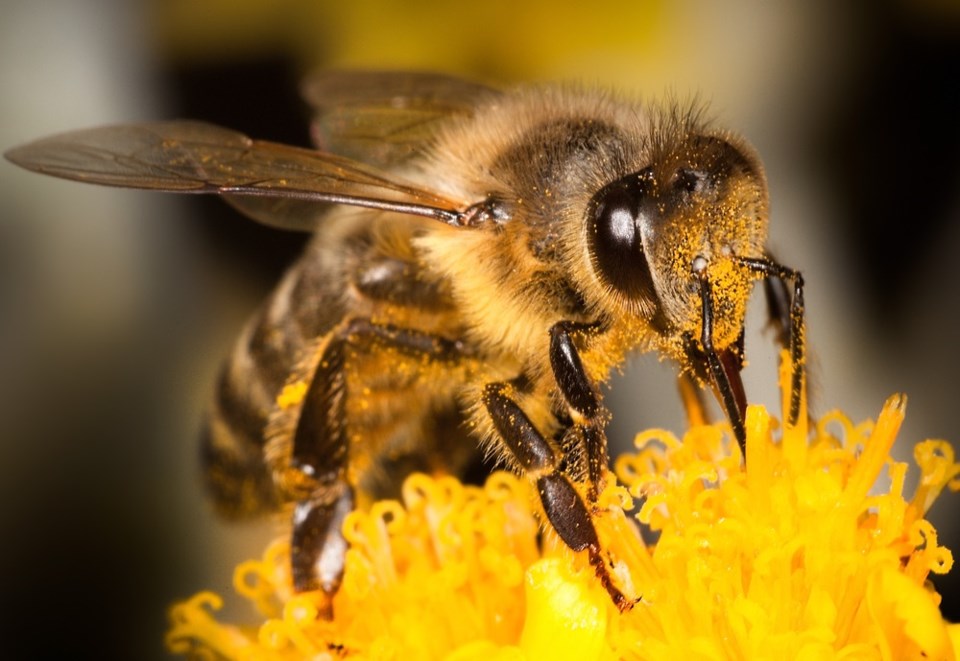THUNDER BAY — A local beekeeper says too much rain last year, a long and cold winter that followed, and the parasitic Varroa mite have all combined to wreak havoc on bee colonies.
Dean Harron said "ever since the mite came, the bees have been dying off steadily. That's probably the biggest problem we have," he said in an interview with Tbnewswatch.
According to the Ontario Ministry of Agriculture and Food, the mite, which originated in Asia, causes physical damage to honey bees, weakens them and transmits a variety of pathogens, particularly viruses.
"It completely demolishes them because they're not used to it. They haven't adapted to the mite yet," Harron said.
He said the invasive mite first appeared in northwestern Ontario about six or seven years ago.
Bad weather over the last year has compounded the problem for Thunder Bay beekeepers, including "all the rain that we had last summer. Rain washes the nectar out of flowers, and if the bees can't get nectar, well, that's what they live after," Harron noted.
He said this left the bees weakened and even more susceptible to the mites.
The Ontario Beekeepers Association, which notes that bees are needed to pollinate the province's fruit and vegetable crops, has stated that because winter-type weather extended into spring this year, all across the province there have been "heavy losses of colonies already weakened by last year's poor summer weather and meagre honey crop."
A survey the association conducted found that seven out of 10 beekeepers have suffered "unsustainable" losses, with almost one in three reporting losses of 70 per cent or more.
President Jim Coneybeare called the situation "astounding," saying the winter losses could be the worst on record.
Harron did what he could to keep his own colonies as healthy as possible.
"I fed them 200 kegs of sugar to try to keep them alive, but unfortunately, I was a little bit too late," he said. He ended up losing 19 of his 44 colonies.
Harron feels he will be able to restock his bees, although he added that "when you're making bees you're not making any honey."
He sells honey out of his workplace and to friends but beekeeping is a hobby for him, he said, noting that he's more interested in "keeping the bees around" than in making money.
Harron, a former vice-president of the Thunder Bay Beekeepers Association, said that at one point the group had 80 members, but he believes a lot of them have left because of the Varroa mite.
The agriculture ministry says that in almost all cases, when Varroa infestations are not effectively managed they will eventually result in the death of the entire honey bee colony. "It is crucial that beekeepers manage the health of their honey bees by suppressing the population of Varroa in all of their honey bee colonies throughout the beekeeping season," it says on its website.
Harron said that part of the problem is that many people in Ontario who have gone into beekeeping because of "all the publicity" for beekeeping are doing it because they think they are helping, but might be making the situation even worse.
"If the person is not treating for mites properly, all they are doing is spreading more disease all over the place. The mites carry 15 different viruses that affect the bees."
Harron pointed out that a study in Germany found that all hives within a 1.5 kilometre radius of an infested hive will eventually have mites.
